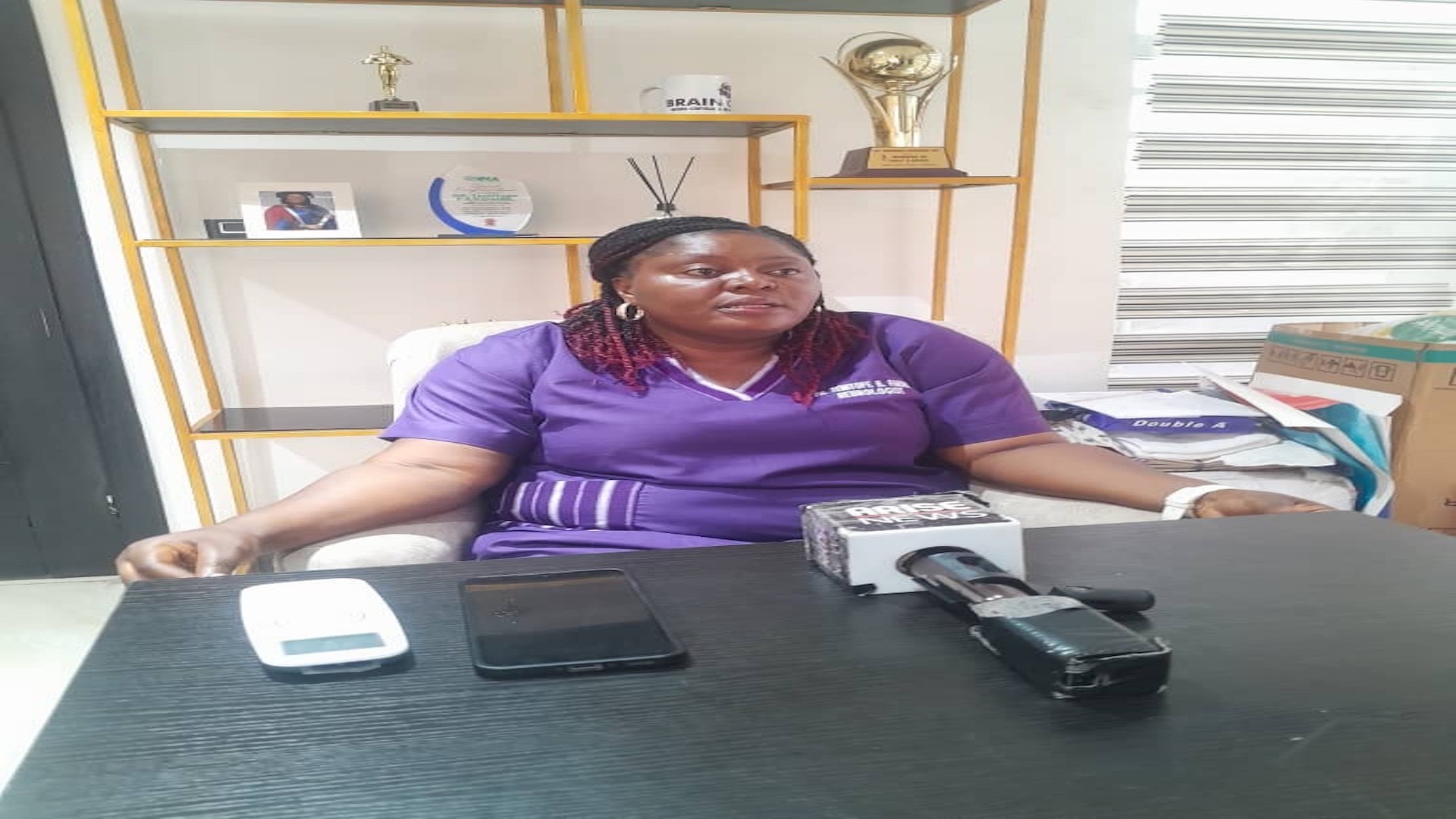FG seeks job creation as Nigeria imports over N200b-worth panels
Stakeholders in the renewable energy industry have raised the alarm over the country’s overwhelming dependence on imported solar components, calling for urgent policy to promote local manufacturing, raw material development, and standardisation.
Speaking at the Nigeria Renewable Energy Innovation Forum (NREIF) in Abuja, Chairman of LPV Technologies, Nzan Ogbe, lamented that about 80 to 90 per cent of components used in Nigeria’s solar installations are imported from countries such as China and Vietnam.
He said the reliance on imports was eroding competitiveness, discouraging investment, and depriving the economy of industrial growth opportunities.
According to him, “the greatest challenge in the sector is pricing. Importing nearly all components exposes manufacturers to high freight costs, long shipping timelines, and expensive financing. These factors push up prices and make local production unviable.”
Ogbe criticised what he described as inconsistencies in Nigeria’s trade policy, noting that while fully manufactured solar panels can enter the country duty-free, local assemblers were burdened by multiple levies and commissions.
He revealed that the nation had imported solar-related components worth over N200 billion this year alone, an amount, he said, could have transformed local manufacturing if the right incentives were in place.
The major stakeholder also called for the Raw Materials Research and Development Council (RMRDC) to play a more proactive role in identifying sources of key inputs such as lithium and other minerals critical to solar production.
“The Council should be mapping these resources and attracting investment into the upstream value chain. That’s where the real value lies,” he said.
Similarly, Co-founder and Chief Executive Officer of SunKing, Patrick Walsh, explained that while the company has a fully integrated business model covering product design, engineering, distribution, installation, and financing, it only recently began exploring local assembly.
He recalled that the global off-grid solar market only expanded rapidly after international organisations streamlined standards on product quality and specifications.
Co-founder and Chief Executive Officer of Arnergy, Femi Adeyemo, stressed that Nigeria’s solar sector must adhere strictly to international quality benchmarks to earn investor confidence.
He said certifications from the International Electrotechnical Commission (IEC), such as IEC 61730 for panel safety and IEC 61701 for durability in coastal areas, were non-negotiable.
Adeyemo decried the influx of substandard solar panels and batteries, some of which are relabelled to exaggerate capacity.
Chief Technical Assistant to the Minister of Power, Adedayo Olowoniyi, emphasised that the country must ensure that loans secured for the power sector create jobs for citizens rather than enrich foreign manufacturers.
Chief Executive Officer of InfraCorp, Lazarus Angbazo, highlighted funding challenges faced by local manufacturers, particularly the lack of long-term financing in naira.
He warned that reliance on foreign-currency borrowing was unsustainable, urging financial institutions to design equity and credit solutions for the renewable energy sector.
Also speaking, Speaker of the House of Representatives, Tajudeen Abbas, stated that parliament was working on legislative measures to enhance local content in renewable energy manufacturing.
He added that the National Assembly was also considering credit guarantees, equity funds, and concessionary financing schemes for domestic producers.






